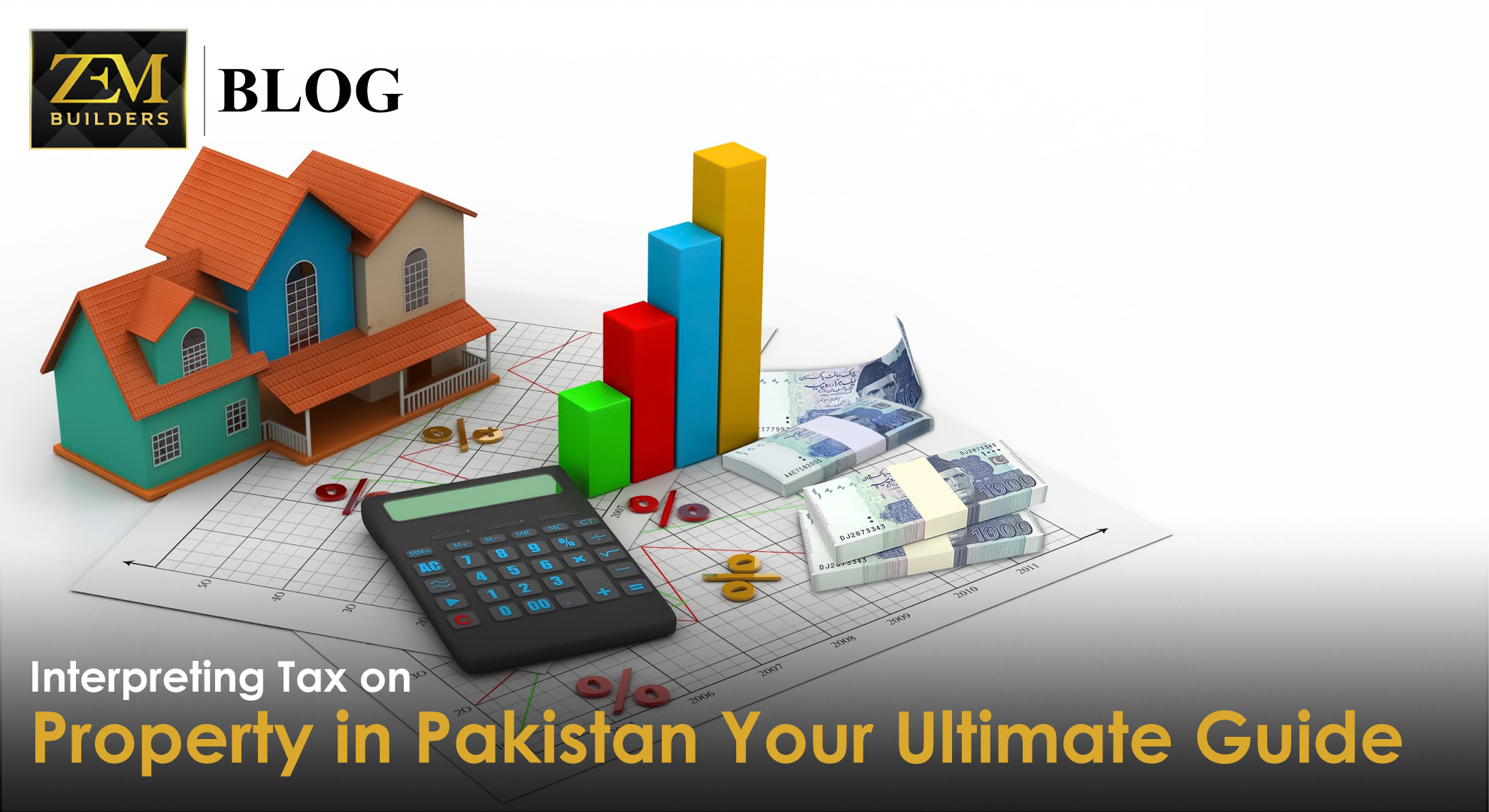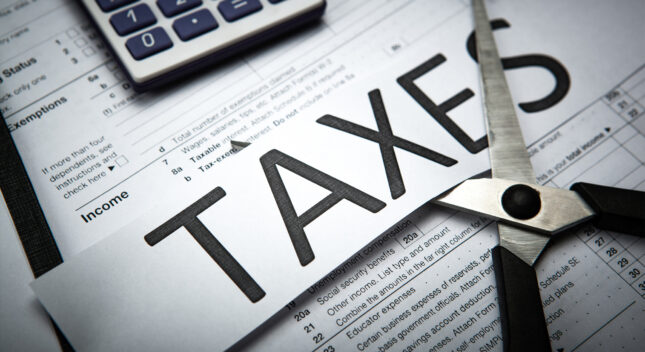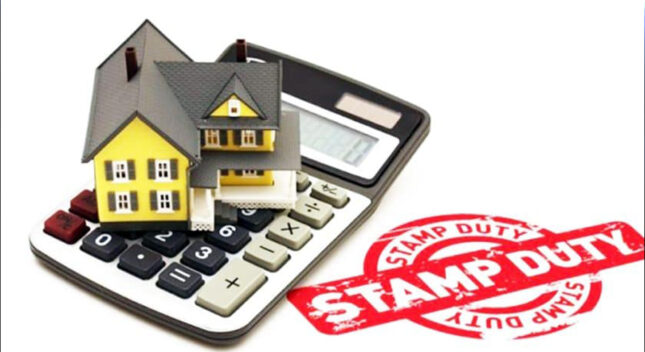Tax on Property in Pakistan in 2023 : Complete Guide

When it comes to property transactions, understanding the tax implications is crucial. In Pakistan, the taxation system related to property can be complex and challenging to navigate without the right knowledge. In this comprehensive guide, we’ll break down the intricacies of tax on property in Pakistan. From understanding the types of taxes imposed to exploring exemptions and sharing practical insights, this guide aims to equip you with the information you need to make informed decisions.
Tax on Property in Pakistan: Exploring the Landscape
Property transactions in Pakistan are subject to several types of taxes. These taxes contribute to the government’s revenue and play a significant role in the overall economy of the country. Let’s dive into the various aspects of property taxation:
Types of Property Taxes
Property taxes in Pakistan encompass a range of charges, including:

Stamp Duty
This tax is levied on the legal recognition of property transactions. It’s a one-time fee payable by the buyer and varies based on the property’s value.

Capital Gains Tax
When a property is sold, any profit made from the sale is subject to capital gains tax. The rate of tax depends on factors such as the holding period of the property.

Property Tax
Property tax is an annual tax imposed on property owners. The rate varies based on factors like property size, location, and usage.
Withholding Tax
This tax is deducted at the source when property transactions occur. It applies to both buyers and sellers and is a percentage of the property’s value.
Advance Tax
Advance tax is applicable when purchasing property from non-filers. It’s a measure to encourage property sellers to become tax filers.
Exemptions and Deductions
While property transactions are subject to taxes, certain exemptions and deductions can help reduce the financial burden:
Family Transfers
Transfers of property between close family members, such as parents, children, and siblings, may be exempt from certain taxes.
Agricultural Land
Agricultural land can receive tax exemptions in certain cases, encouraging investment in the agriculture sector.

Low-Income Individuals
Low-income individuals can benefit from reduced tax rates on property transactions.
Property Development
Tax incentives may be available for property developers and builders to promote construction and development activities.
Navigating the Taxation Process
Understanding and fulfilling your tax obligations related to property transactions involves several steps:
Property Valuation
Accurate property valuation is crucial for determining the applicable taxes. Professional valuation services can help ensure fairness.

Verification of Ownership
Verify the ownership and legal status of the property through the relevant authorities.
Calculating Taxes
Understand the calculations involved in different taxes, including stamp duty and capital gains tax.

Filing Tax Returns
If you’re eligible to file tax returns, ensure timely submission with accurate details to avoid penalties.
Seek Professional Assistance
Due to the complexity of property taxation, seeking advice from tax professionals can streamline the process and prevent errors.
Practical Insights while Navigating Property Taxation
Navigating property taxation in Pakistan requires a combination of knowledge and practical experience. Here are some insights to consider:
Documentation
Maintain comprehensive documentation of all property transactions, agreements, and tax payments.

Government Policies
Stay updated with changes in government policies related to property taxation to ensure compliance.
Legal Assistance
Engage legal professionals when dealing with complex property transactions to avoid legal complications.
Tax Planning
Consider tax planning strategies to minimize tax liabilities while staying within the legal framework.
Record Keeping
Maintain a well-organized record of property-related expenses, as some costs may be deductible.
FAQs
Can property taxes be paid in installments?
Yes, property taxes can often be paid in installments to ease the financial burden on property owners.
Are there any tax incentives for property investors?
Yes, property investors may benefit from reduced tax rates and exemptions under certain conditions.
How is the value of property determined for tax purposes?
Property value for tax purposes is determined through professional property valuation services and is used to calculate various taxes.
Do I need to be a tax filer to buy or sell property?
While it’s not mandatory, becoming a tax filer can have benefits, such as lower withholding tax rates.
Can I claim a deduction for property improvements?
Yes, expenses related to property improvements and renovations may be deductible from certain taxes.
Is there a difference in property tax rates for residential and commercial properties?
Yes, property tax rates can vary based on the property’s usage, such as residential or commercial.
Conclusion
Understanding tax on property in Pakistan is essential for anyone involved in property transactions. By delving into the types of taxes, exemptions, and practical insights, you’ll be better equipped to navigate the complexities of property taxation. Remember, seeking professional advice and staying informed about changes in regulations are key to ensuring a smooth and compliant property transaction process.

